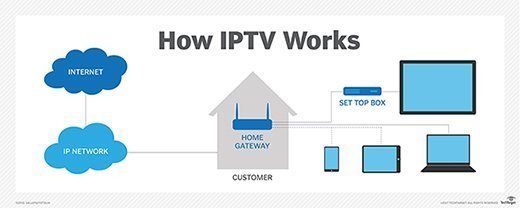IP

Maximizing IPTV Performance: The Role of IP in Content Delivery
Introduction
In the realm of IPTV, the underlying technology of Internet Protocol (IP) plays a pivotal role in content delivery.
Understanding IP in IPTV
IP, the backbone of Internet communication, facilitates the transmission of data packets between devices.
The Importance of IP in IPTV
- Optimized Delivery: IP enables efficient delivery of multimedia content over networks.
- Scalability: IPTV services can easily scale up or down using IP-based infrastructure.
- Quality Assurance: IP protocols ensure the quality and reliability of streaming services.
- Global Reach: With IP, IPTV services can reach audiences worldwide, transcending geographical barriers.

IP Usage in IPTV
- Content Delivery: IP protocols govern the delivery of IPTV content from servers to end-user devices.
- Network Configuration: IP addresses are assigned to IPTV devices, enabling seamless connectivity within the network.
- Security Measures: IP-based security protocols safeguard IPTV systems from unauthorized access and cyber threats.

Comparing IP with Other Protocols
While traditional broadcast systems rely on proprietary protocols, IPTV leverages open standards like IP for enhanced flexibility and interoperability.
Conclusion
In conclusion, IP forms the backbone of IPTV infrastructure, facilitating efficient content delivery and ensuring seamless user experiences.



0 Comments